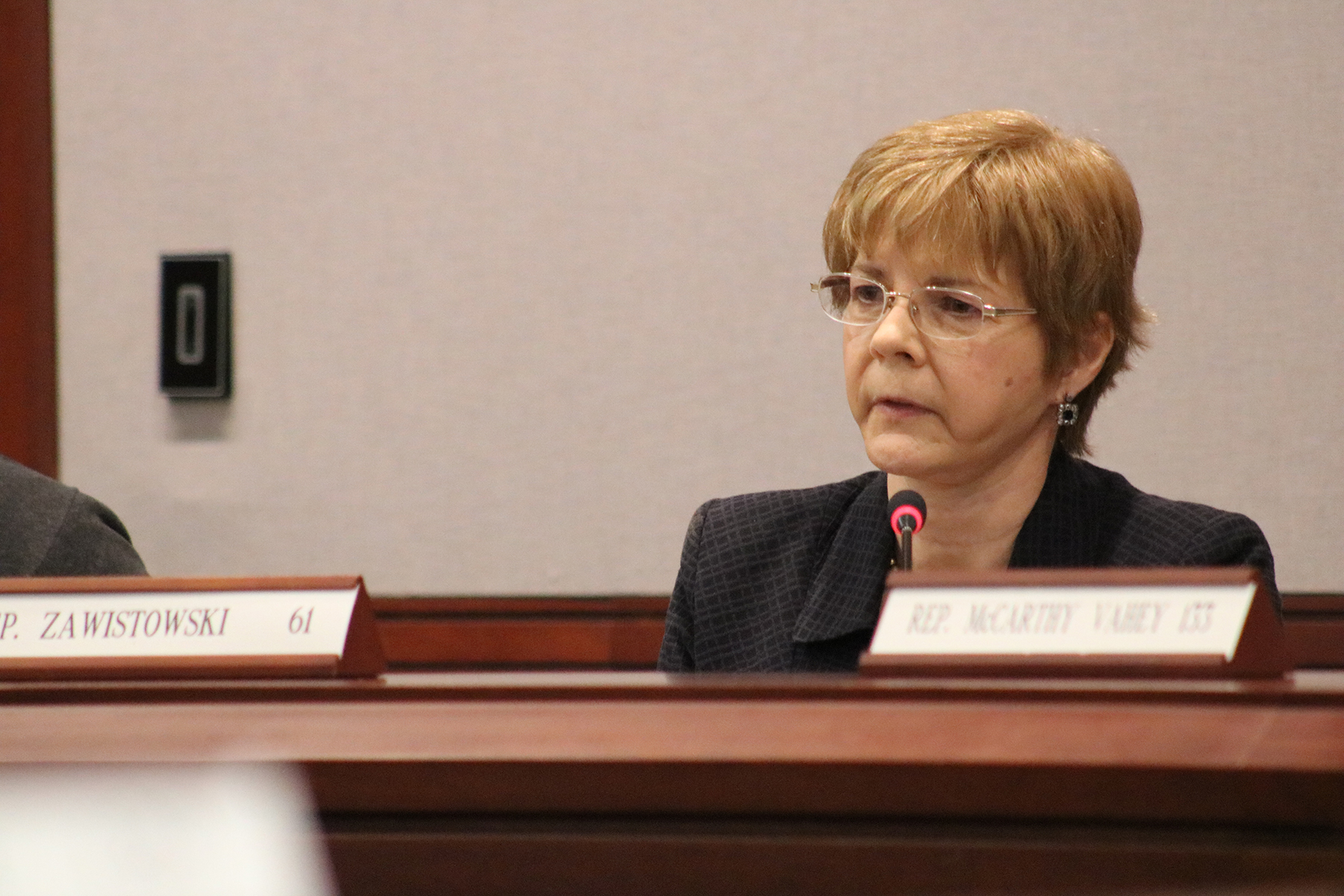
Posted on April 1, 2019


HARTFORD – On Friday, March 29th State Representative Tami Zawistowski’s (R-61) proposed legislation, HB 5123 ‘An Act Prohibiting the Use of Eminent Domain for Certain Commercial Purposes’ was approved by the Planning and Development Committee.
If enacted, the legislation would prevent state and local governments from seizing private property for certain commercial uses by private entities. The bill takes aim at the use of eminent domain for commercial purposes such as the seizure of private property in the Fort Trumbull neighborhood of New London which resulted in the demolition of private homes to make way for economic development which ultimately did not materialize.
“This legislation is long overdue,” said Rep. Zawistowski. “It has been over a decade since the Supreme Court’s Kelo v. New London decision which allowed for the seizure of property for private commercial purposes. Since the decision in 2005, forty-four states have amended their eminent domain laws. It is time for Connecticut to do the same. I am hopeful that this legislation will continue to move forward.”
During a public hearing for the legislation, the National Federation of Independent Business offered their support, “Eminent domain forces small businesses to relinquish their assets, often without full compensation for subjective, but nevertheless substantial harms – including relocation expenses, business goodwill, legal expenses and the cost of replacing commercial property. Losses related to condemnation and undervaluation imposes special hardships on small businesses, which may be unable to reopen, recoup losses, or may fail in a new location. State government condemnation authority of private property, including that of small business owners, should not extend to commercial purposes.”
The legislation also received support from the Yankee Institute. External Affairs Manager Isabel Blank shared, “If the state wants to improve bad neighborhoods or develop key areas, it must do so in ways other than eminent domain – by lowering taxes, removing regulations to make starting a business easier, or by fairly buying the land. Major developments routinely succeed without eminent domain, and there is no reason for the state to commandeer citizen’s private property to do so.”
The legislation was passed by the Planning and Development Committee by a vote of 15 to 6. The proposed bill will now be placed on the House Calendar and await further action before the end of the legislative session on June 5th.
